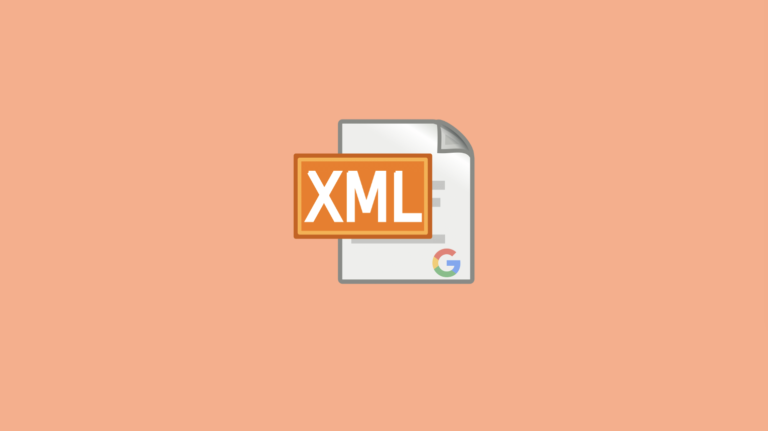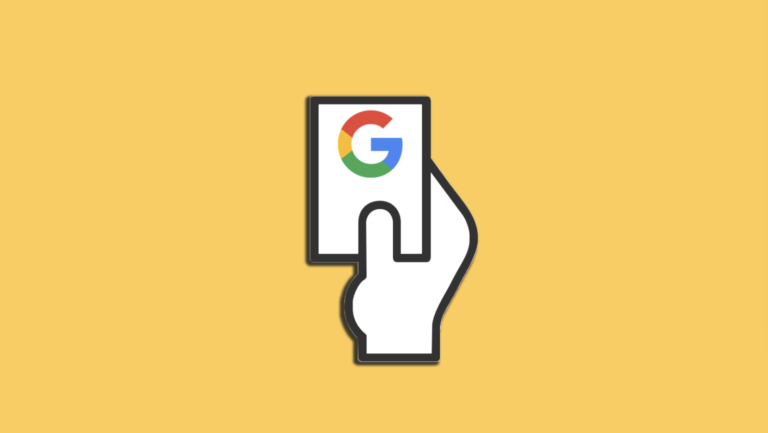How To Check To See If Blocked Pages Are Indexed
You put a robots.txt on your site expecting it to keep Google out of certain pages. But you worry – did you do it correctly? Is Google following it? Is the index as tight as it could be? Here’s a question for you. If you have a page blocked by robots.txt, will Google put it in the index? If you answered no, you’re incorrect. Google will indeed index a page blocked by robots.txt if it’s being linked by one of your pages (that do not have a rel=”nofollow”), or if it’s linked from another website. It doesn’t usually rank well because Google can’t see what’s on the page, but it does get PageRank passed through it.








